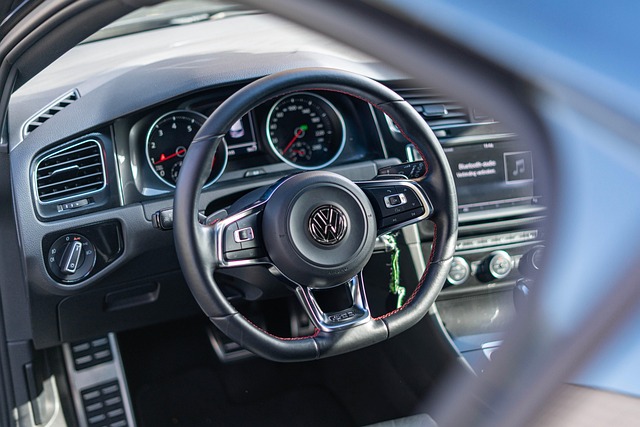“Unraveling the complexities of PCP claims in the UK: A Comprehensive Guide. Whether you’re a car owner or a driver, understanding PCP claims is crucial for navigating unexpected vehicle damages. This article serves as your ultimate resource, offering insights into ‘Understanding PCP Claims’ and ‘Navigating the UK’s PCP Claim Process’. Learn how to maximize compensation with practical tips in ‘Maximizing Your Compensation’. Discover the secrets to successful PCP claims in today’s digital era.”
- Understanding PCP Claims: A Comprehensive Guide
- Navigating the UK's PCP Claim Process
- Maximizing Your Compensation: Tips for Successful PCP Claims
Understanding PCP Claims: A Comprehensive Guide

Understanding PCP (Personal Contract Plan) Claims in the UK is essential for anyone considering this financing option for their car purchase. PCP claims allow you to return your vehicle at the end of the agreement term, typically after making a series of regular payments. This flexibility is one of the main attractions of PCP, as it offers lower monthly outgoings compared to traditional car loans. When you make a claim, you are essentially exercising your right to exchange your lease for a new set of wheels or receive a refund based on the vehicle’s residual value.
PCP claims work by comparing the current market value of your car against the agreed-upon valuation at the start of the contract. Any difference is calculated and either credited back to you (if the car’s value has increased) or debited from your final payment (if its value has decreased). This process ensures a fair assessment, providing peace of mind that you won’t be left with unexpected costs when choosing to upgrade or return your vehicle.
Navigating the UK's PCP Claim Process

Navigating the UK’s PCP Claim Process can seem daunting at first, but with the right understanding, it becomes a manageable step in your journey. PCP claims, or Personal Contract Plan claims, are designed to protect you financially when something goes wrong with your car during the duration of your contract. The process typically begins with identifying the issue and gathering evidence, including photos and any correspondence with the dealer or finance provider. Once you’ve done this, you can start the claim by contacting your insurance provider or the finance house directly.
The next step involves submitting your paperwork, which may include a claim form, diagnostic reports, and any other relevant documents. From there, assessors will review your case and determine liability. If successful, your claim will be settled, either through repair or replacement, ensuring you’re left with a working vehicle. Remember, keeping detailed records throughout the process is vital to ensure a smoother experience when making a PCP claim in the UK.
Maximizing Your Compensation: Tips for Successful PCP Claims

When making a Personal Injury Protection (PCP) claim in the UK, maximising your compensation is a key objective. The first step is to thoroughly document all expenses and losses incurred due to the accident, including medical bills, rehabilitation costs, and any income lost while unable to work. Keep receipts, invoices, and any other relevant paperwork as evidence.
Additionally, it’s crucial to choose an experienced legal representative or claims management company to guide you through the process. They can help negotiate with insurance companies, ensuring you receive a fair settlement. Be proactive in updating your claim handler about your recovery progress, and don’t hesitate to seek medical advice even after symptoms seem resolved. This ensures your claim is as robust as possible, increasing the likelihood of a successful outcome and higher compensation for your PCP claim in the UK.
When it comes to PCP claims UK, knowing the process and maximising your compensation is key. By understanding PCP claims and following a structured approach as outlined in this guide, you can navigate the UK’s PCP claim system effectively. Remember, a successful PCP claim not only ensures you receive fair compensation but also promotes better road safety for all.
